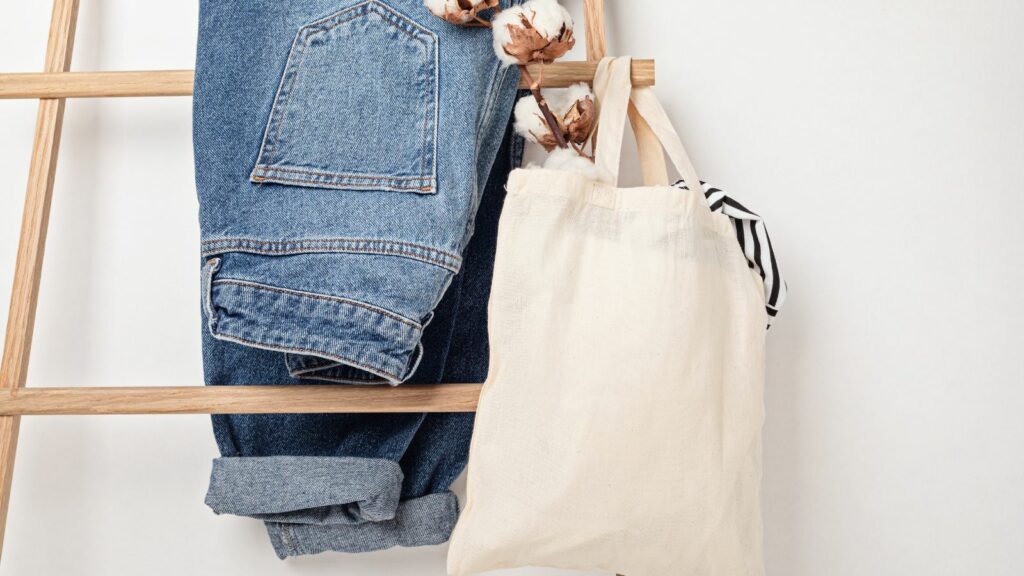In the world of fashion, a new trend is taking center stage: sustainability and ethics. It’s more than just a buzzword; it’s a movement that’s shaking up the industry and redefining what it means to be stylish. This shift isn’t just about looking good – it’s about feeling good too, knowing your clothing choices are making a positive impact.
From eco-friendly materials to fair trade practices, sustainable and ethical fashion brands are leading the charge. They’re proving that style doesn’t have to come at the expense of the planet or the people who make our clothes. So, if you’re ready to update your wardrobe and your values, stay tuned. We’re about to introduce you to the brands that are making a difference, one outfit at a time.
Sustainable and Ethical Fashion Brands

These pioneering brands ensure their clothing benefits both the earth and the individuals who make them. At the core of their mission, these companies prioritize three fundamental principles: environmental protection, social equity, and economic viability.
Utilizing eco-friendly materials plays a crucial role in their production process. Organic cotton, for example, eliminates the use of toxic pesticides, safeguarding the health of farm workers and the environment at large. On the socioeconomic front, they advocate for proper wages and safe working conditions, fostering fair trade practices.
Moreover, sustainability also encompasses economic soundness. Making sure these practices are economically viable guarantees the continuity of these initiatives and the survival of these brands in the competitive fashion industry. By balancing their commitment to the planet and people with a firm business model, this breed of fashion brands bridges the gap between ethics, style, and commerce.
Pioneering Brands in the Market

Entering the ethical fashion frontier, brands such as Patagonia, Eileen Fisher, and Everlane lead the charge. Patagonia, a renowned outdoor clothing brand, remains steadfast in cost-cutting, not through cheap labor, but via investment in eco-friendly materials and processes. To illustrate, it embraces ethical sourcing by using organic cotton for it’s attire, something which in turn, nurtures the planet.
Stakeholders now see these brands as trailblazers, their efforts amplify the demand for ethical and sustainable choices in the fashion realm. This tangible shift demonstrates that ethics, style, and commerce can coexist to the advantage of consumers, the planet, and the value chain. This collaboration remains a testament to the possibility of an economically viable, environmentally-friendly, and socially equitable fashion landscape.
Challenges Facing Sustainable Fashion

Despite the strides in sustainable and ethical fashion, daunting challenges persist. High production costs often result in costlier merchandise, sparking a debate on affordability. First, adopting eco-friendly materials and ethical labor practices translate into higher costs of production, making sustainable fashion significantly pricier than fast fashion items. Notably, organic cotton is about 20% more expensive than regular cotton.
Second, achieving supply chain transparency remains a monumental task. It’s challenging to trace and verify the origin of every raw material used in creating a piece of clothing.
Lastly, a lack of consumer understanding and appreciation for sustainable fashion comes as a significant setback. Consumers often struggle to distinguish authentic sustainable brands from greenwashing ones.
Benefits of Supporting Sustainable Fashion
Supporting sustainable and ethical fashion brands isn’t just a trend. It’s a powerful choice that can make a real difference. Brands like Patagonia, Eileen Fisher, and Everlane are leading the way, showing it’s possible to produce stylish clothing that respects both the environment and the people who make it.
Yes, there are challenges. It’s tough to navigate the complex supply chain and ensure transparency. It’s hard to educate consumers about the true cost of fast fashion. But these hurdles aren’t insurmountable. They’re just the next step in the journey towards a more sustainable future.
So next time you’re shopping, think about the impact of your choices. Choose sustainable. Choose ethical. Because when you do, you’re choosing a better future for us all.

